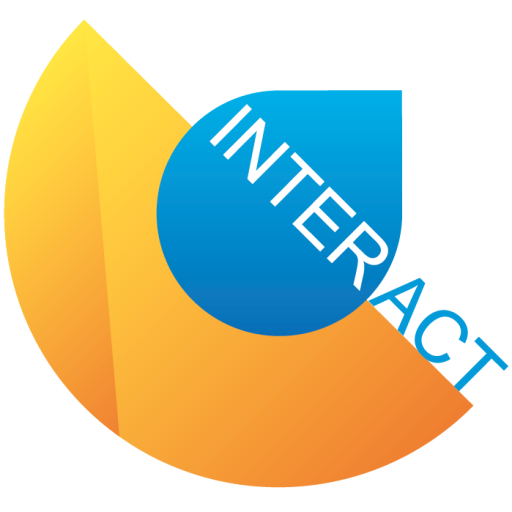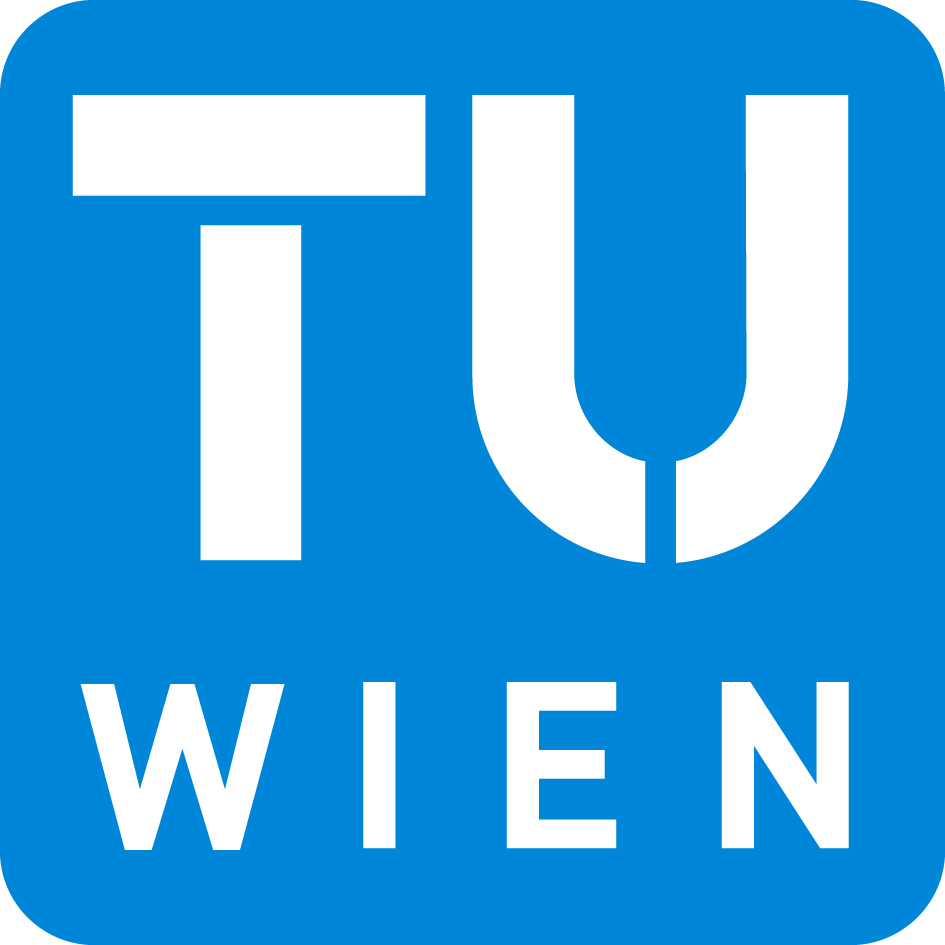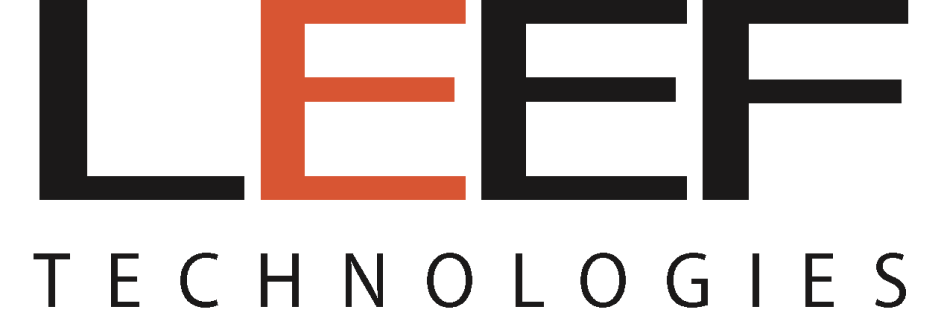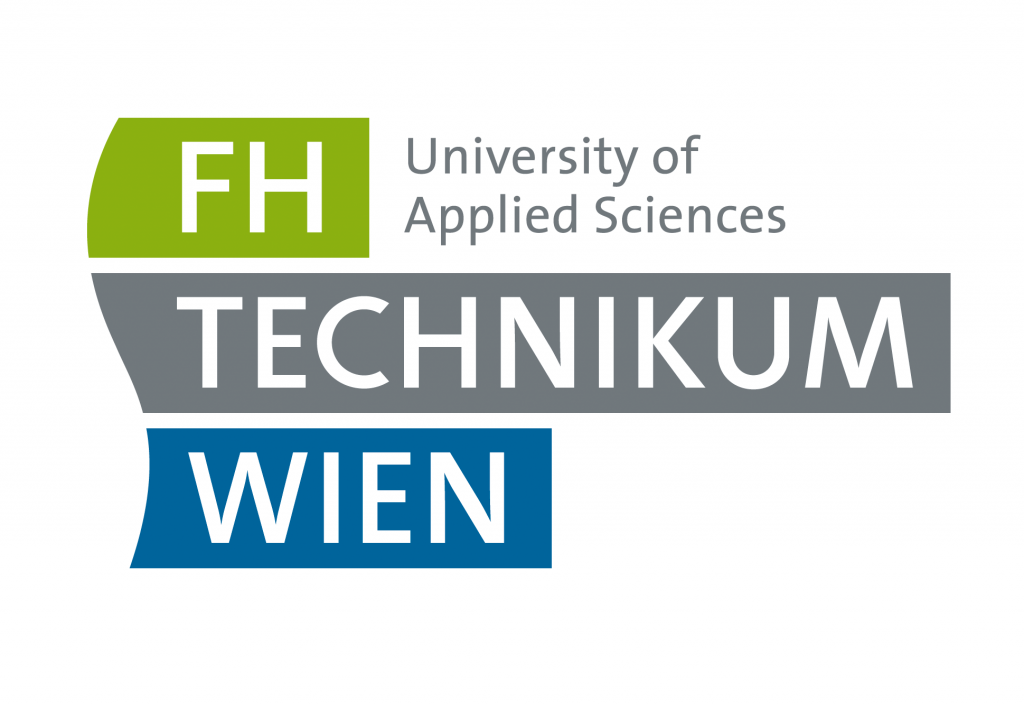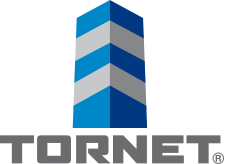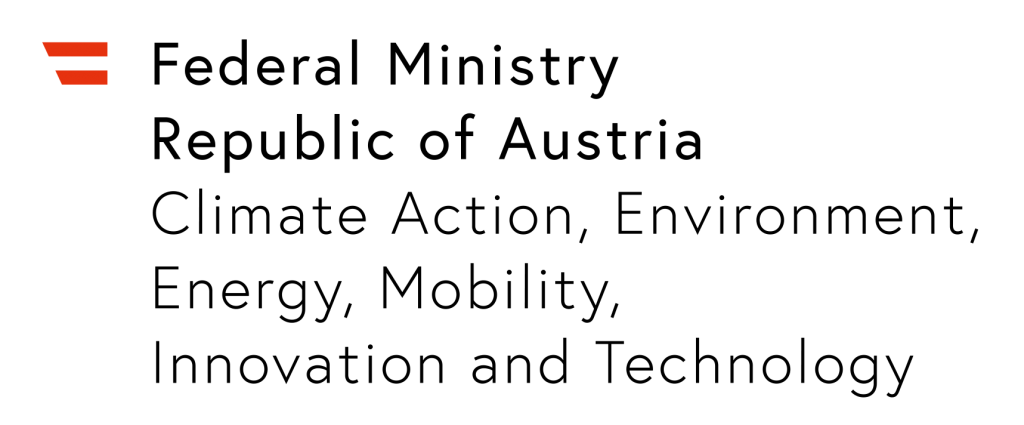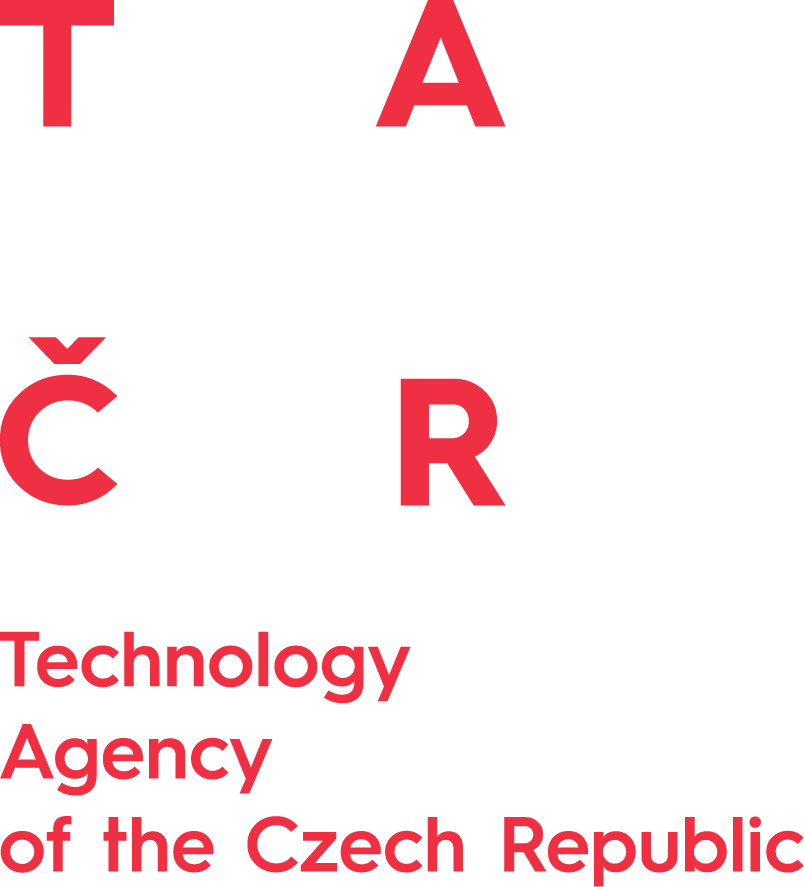consortium
INTERACT is an international research and innovation project with a cross-sectional collaboration of participants from research, municipal, and business field from Austria, the Czech Republic and Sweden. The project has been selected for funding in Positive Energy Districts (PEDs) pilot call JPI Urban Europe and is planned for 24 months with start in February 2021 with a budget of ~570 ths. EUR.
Project duration:
Start: February 2021
End: January 2023
Project consortium consists of following partners:
- Austria: Sonnenplatz Großschönau GmbH (Applicant and Project Coordinator), University of Applied Sciences Technikum Wien; TU Wien, Institute of Energy Systems and Electrical Drives;
- The Czech Republic: LEEF Technologies s.r.o.
- Sweden: Tornet Fastighetsutveckling AB
The Sonnenplatz Großschönau GmbH under the management of OSR Josef Bruckner and the mayor of Großschönau, Martin Bruckner, has set itself the goal to broadly disseminate information about alternative energy systems, energy efficiency, sustainability, preservation of resources, energy efficient building and reconstruction, as well as healthy and comfortable living. A first and unique competence of Sonnenplatz Großschönau GmbH is known under the name “Probewohnen®”: People can test in real life, how comfortable living in a passive house is, can gather experiences about energy efficient building and get in touch with modern building technologies. In order to reach the above-mentioned targets, Sonnenplatz’s second core competence is to arrange excursions, seminars and trainings to these topics. Besides the technical and the professional competences of Sonnenplatz, the company has successfully completed various national and international projects in the broad field of energy efficiency (including smart grids, intelligent metering of buildings, educational measures and others). Furthermore, Sonnenplatz has gathered comprehensive experience in project management and international projects. Within the framework of its existing activities Sonnenplatz established a wide network of research, development and technological partners active in the field of energy efficient building, smart living, IoT, and smart grids. The already existing contacts and cooperation to various institutions, companies, organizations and end users will be of great usage for the underlying project.
With almost 30,000 students (19% foreigners; 30% women) and around 4,800 employees (1,800 academics), Technische Universität Wien is Austria’s largest research and educational institution in the natural sciences and technology. For more than 200 years, it has been studied, taught and learned at TU WIEN under the motto “Technology for People”. TU WIEN has eight faculties lead by deans: Architecture and Planning, Chemistry, Civil Engineering, computer Sciences, Electrical Engineering and Information Technology, Mathematics and Geo-information, Mechanical and Industrial Engineering, and Physics. Institute for Energy Systems and Electrical Drives (ESEA) is included in the faculty of Electrical Engineering and Information Technology. The department of Electrical Systems is embedded in the ESEA. It focuses on Super Grids, characterized by transnational and transcontinental energy networks; Universal Grids, characterized by integrative energy systems; and Smart Grids, including architecture design and energy automation.
LEEF Technologies is a consultancy company specializing in project development in the field of energy and transportation. LEEF is based in Prague, the Czech Republic. It focuses mainly on feasibility studies, market analyses, and strategy development related to the implementation of new technologies and innovative business models. Its activities usually take place at the interface between R&D and commercial applications. LEEF has historically worked with many entities active mainly in the energy field such as energy producers, distribution, and transmission system operators, or in the municipal field (e.g. city of Prague) in the Czech Republic. LEEF has been active on the market since 2010. In recent years LEEF has focused particularly on battery energy storage, electromobility, distributed generation, and energy efficiency projects.
UAS Technikum Wien has successfully carried out numerous research projects in the fields of positive energy districts, smart city trends and regional energy communities as well as stationary and mobile storages in the last years. Main expertise is in the assessment and development of relevant technologies relating to sustainable buildings and cities. In addition, focal points are sustainability assessments, user involvement and usability assessments with a strong focus on end-user and stakeholder involvement. In this regard, UASTW is currently working on the research projects CLUE, Beyond, R2EC and Flex+, focusing on user integration in the field of energy communities and regional energy systems. In addition, the city of Vienna’s competence team for livable positive energy districts kolpEQ is part of the competence field for renewable energy systems at faculty for industrial engineering at UASTW.
Tornet builds and manages attractive and environmentally friendly rental apartments in the larger cities in Sweden. Tornet’s housing stock consists of properties that they have built themselves and they plan to build 800-1000 new rental apartments annually in Sweden’s growth regions. They have already built 1500 apartments and another 1000 apartments are under design / production. Currently, Tornet has 23 building complexes in Sweden. Tornet is active in multiple projects towards positive energy districts and are involved in multiple research projects within this area. As an example: In research project Tallbohov Electric Village Tornet is developing a low climate footprint energy system supported by an AI-agent (Artificial Intelligence) and real-time carbon intensity indicators of different energy sources. The Tallbohov Electric Village project also targets the climate footprints of the tenants, by developing a nudging platform to enhance a circular and sustainable lifestyle. Project Fyllinge will, within the INTERACT project, address the development of city districts to form local energy communities in favor of lowering new energy footprints for the areas by sharing and use each other’s resources that can be reused or otherwise use “waste energy”.
